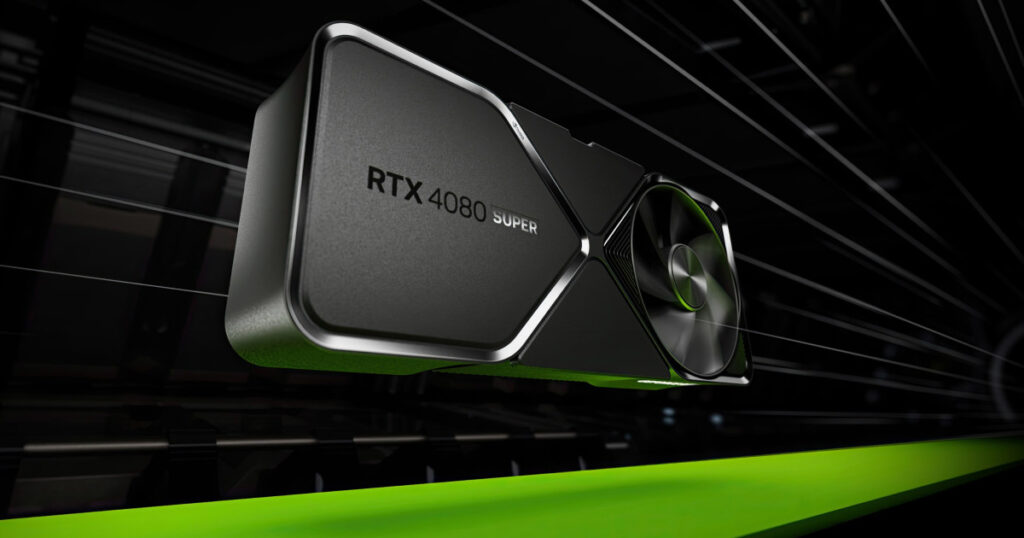User data has become the currency of the internet, and if you’re on a mission to keep yours from being collected, sold, and hacked then it pays to know which devices collect and share the most. Research by Surfshark dives into how many unique data points are collected by leading smart home brand apps across areas like cleaning, entertainment, security, and home automation.
How these points of data are actually used falls under three categories;
- Data points that are shared with data brokers or third parties for advertising purposes,
- Data points linked to the users’ identity, but not shared with third parties, and
- Data points collected but not linked to the user at all.
While these apps gather a range of data spanning from basic device ID numbers, through to precise location, phone numbers, and home addresses, the amount of data that is actually shared with third parties is minimal. 86% of apps surveyed shared no data points with third party applications.
Of the 40 apps assessed that did share data, the worst offender for sharing user data is a garage door opener app by Stanley Black & Decker which was found to share 9 out of 10 data points. Robot vacuum cleaner brand Ecovacs only collects six data points, but three of these are shared with third parties, while smart speaker giant Sonos compiles 13 data points but doesn’t share any of this data externally.
Of course the best way to protect your data from smart home apps is to use as few of them as possible, a feat that the Matter standard looks to allow. Until then, tools like this allow data-concious consumers make more informed choices.
Here are how some key smart home brands compare across categories;






